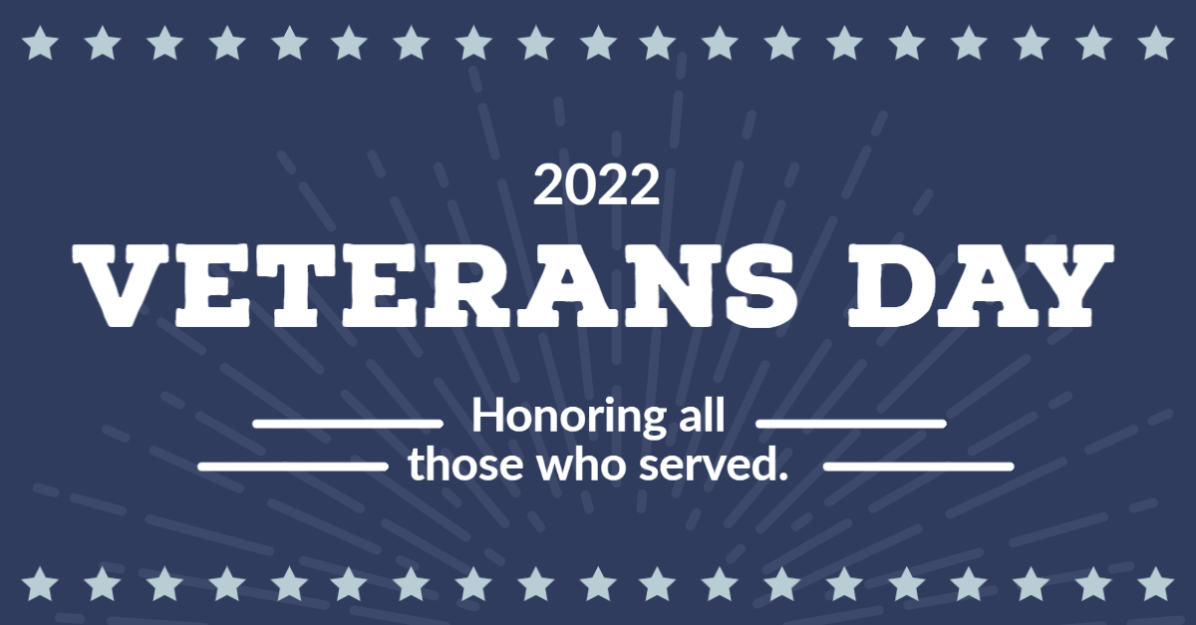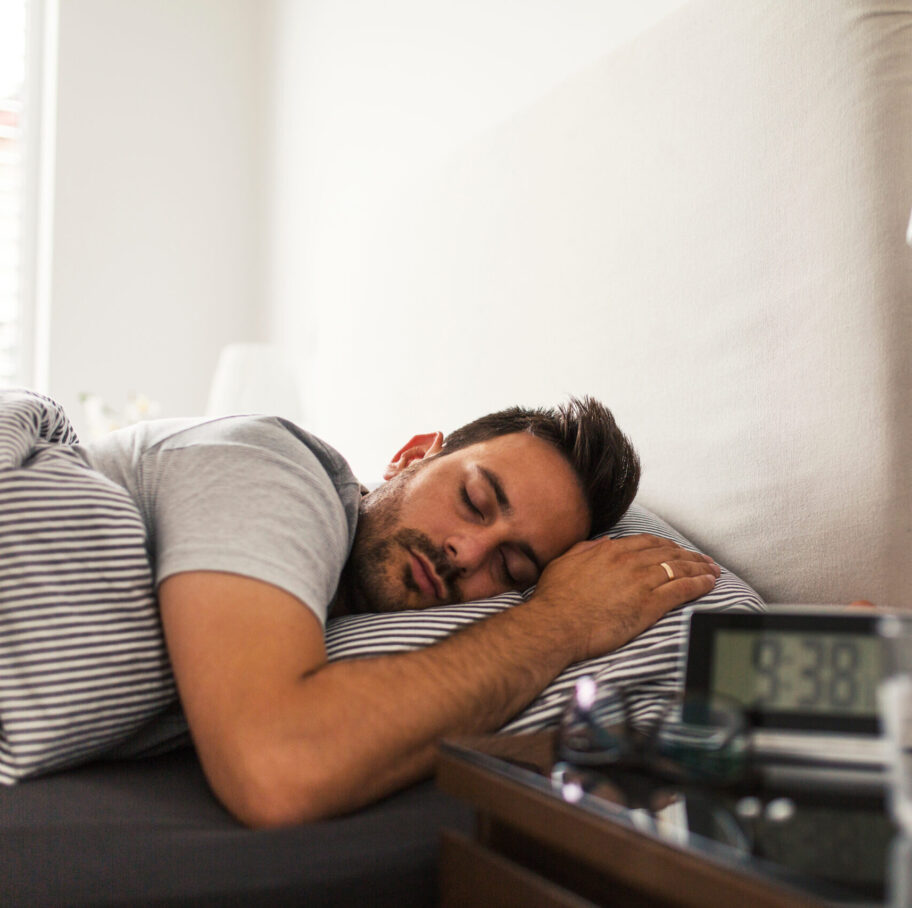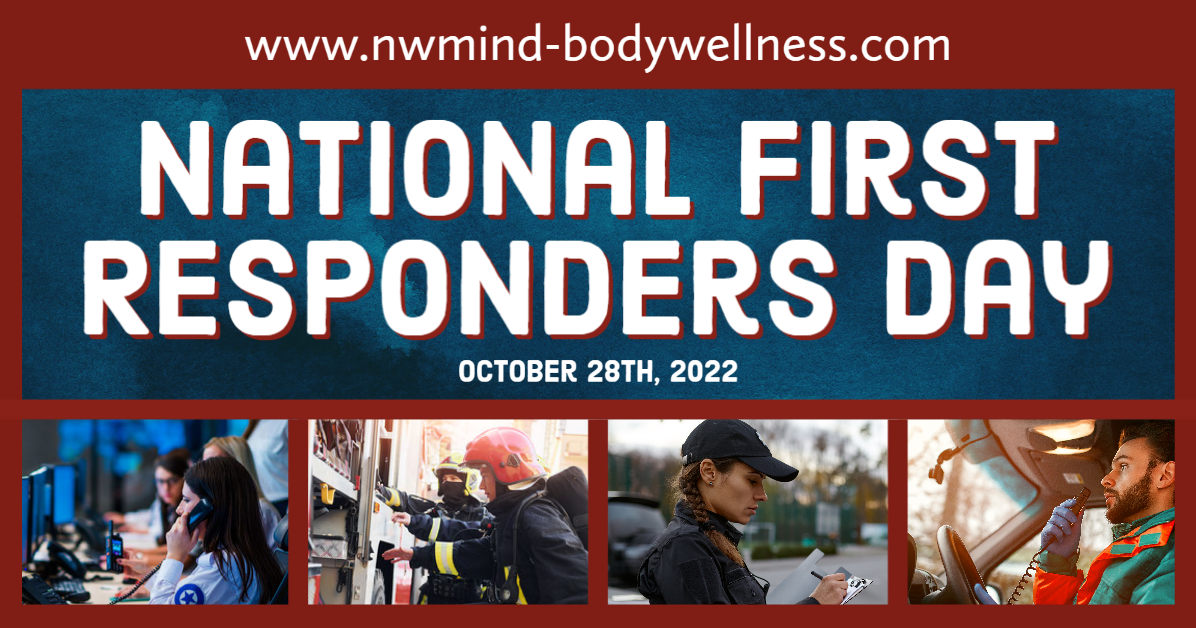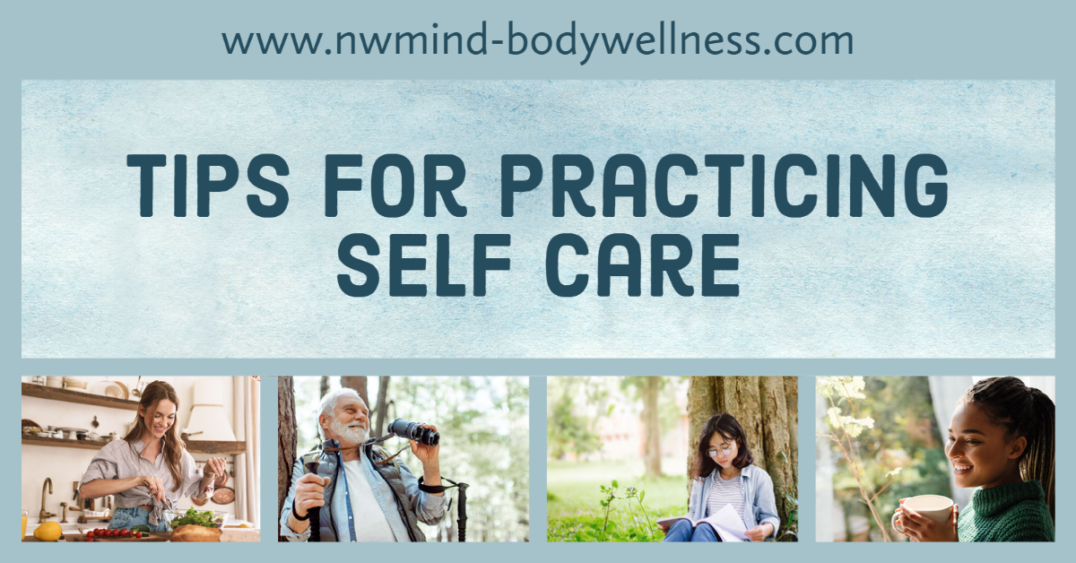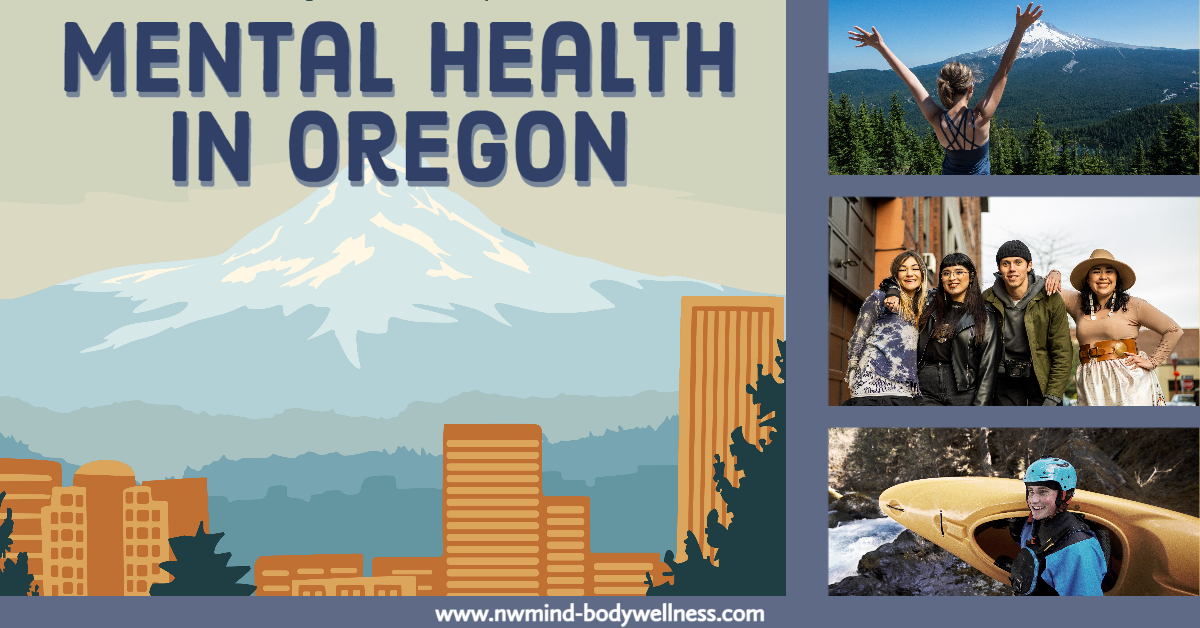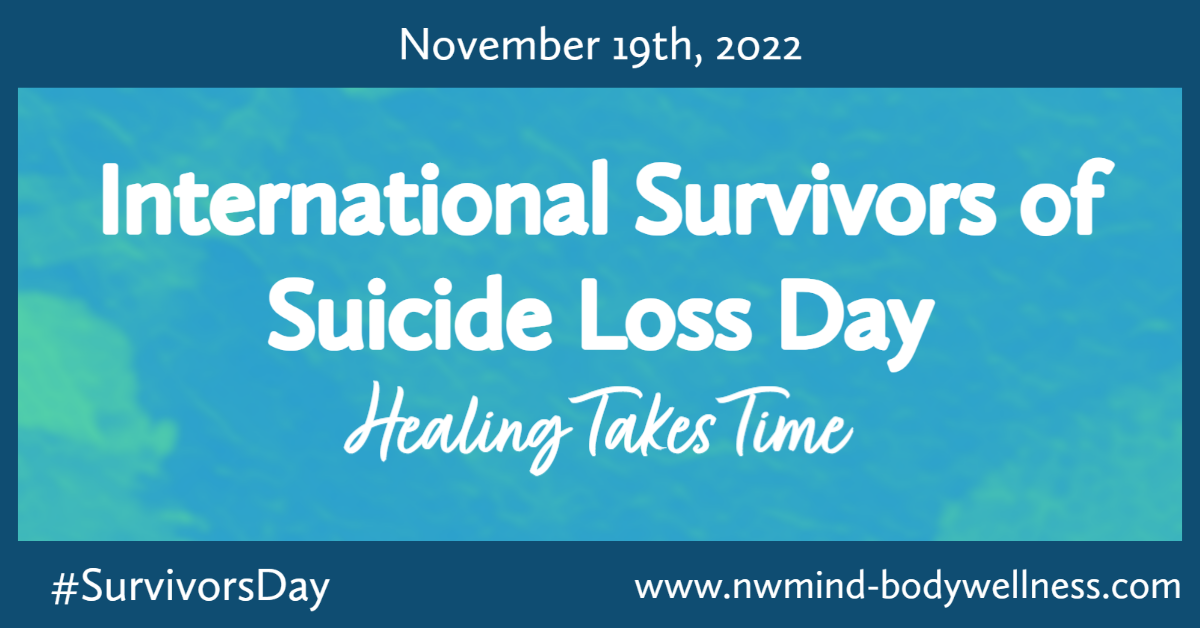
International Survivors of Suicide Loss Day
International Survivors of Suicide Loss Day is recognized this year on November 19th. The day honors those we have lost to suicide, and supports those who are suffering from the loss of a friend or family member. Events and resources provided on the day aim to help survivors of suicide loss find understanding, hope, and connection with others.
AFSP Events for International Survivors of Suicide Loss Day
There are many events this year for International Survivors of Suicide Loss Day. At these events, survivors of suicide loss have the chance to come together to connection, share hope, and find understanding through their shared experience.
The American Foundation for Suicide Prevention has provided a list of registered upcoming events. See the links below for the schedule of events and to learn more.
- Portland, Oregon Event: https://portland-oregon.isosld.afsp.org/
- Bend, Oregon Event: https://bend-oregon.isosld.afsp.org/
- All Events: https://isosld.afsp.org/
Resources for Survivors of Suicide Loss
Books for Suicide Loss Survivors, a list offered by the American Foundation for Suicide Prevention: https://afsp.org/books-for-loss-survivors
Documentaries for Suicide Loss Survivors, a list offered by the American Foundation for Suicide Prevention: https://afsp.org/international-survivors-of-suicide-loss-day-documentaries
NAMI, “Suicide Survivors: The Ties That Bind Us”: https://www.nami.org/Personal-Stories/Suicide-Survivors-The-Ties-That-Bind-Us
- In this article, a personal story is shared of one who lost their soulmate to suicide. The story aims to combat the stigma around talking about suicide, and show how beneficial connecting with others can be while grieving.
NAMI, “A Plea From A Survivor Of Suicide Loss”: https://www.nami.org/Personal-Stories/A-Plea-From-a-Survivor-of-Suicide-Loss
- In this NAMI personal story, the author writes about the pain of mourning after losing a loved one to suicide. She notes of the importance of suicide prevention resources, but also resources dedicated to helping those experiencing loss due to suicide.
Suicide Prevention Resources
Suicide & Crisis Lifeline: https://988lifeline.org/
For those wishing to speak on the phone, call 988.

- If you’re thinking about suicide, are worried about a friend or loved one, or would like emotional support, the Lifeline network is available 24/7 across the United States.
The Trevor Project: https://www.thetrevorproject.org/
- The Trevor Project offers a 24/7 call and text line for those who are struggling and need to speak with a counselor right away. In addition, they also offer many informational articles and resources related to LGBTQIA+ mental health.
Veterans Crisis Line: https://www.veteranscrisisline.net/
For those wishing to speak on the phone, call 988 and press 1.
- If you’re a Veteran in crisis or concerned about one, call to reach caring, qualified VA responders 24 hours a day, 7 days a week.
National Alliance on Mental Illness (NAMI): https://nami.org/Get-Involved/Awareness-Events/Suicide-Prevention-Awareness-Month-(SPAM)
- NAMI offers information and resources on a variety of mental health topics, including suicide.
National Institute of Mental Health (NIMH): https://www.nimh.nih.gov/health/topics/suicide-prevention
- NIMH provides individuals with information on mental illnesses as well as suicide prevention.
Further Help & Learn More
To learn more about coping with the loss of a loved one to suicide, we recommend speaking with your healthcare provider.
For those seeking more suicide prevention resources, we recommend contacting your healthcare provider.
If you or a loved one is feeling suicidal, please get help right away. Call 911 or the Suicide Prevention Lifeline (available 24/7) at 988.
Return to home page: https://nwmind-bodywellness.com/
Read more articles: https://nwmind-bodywellness.com/articles/






